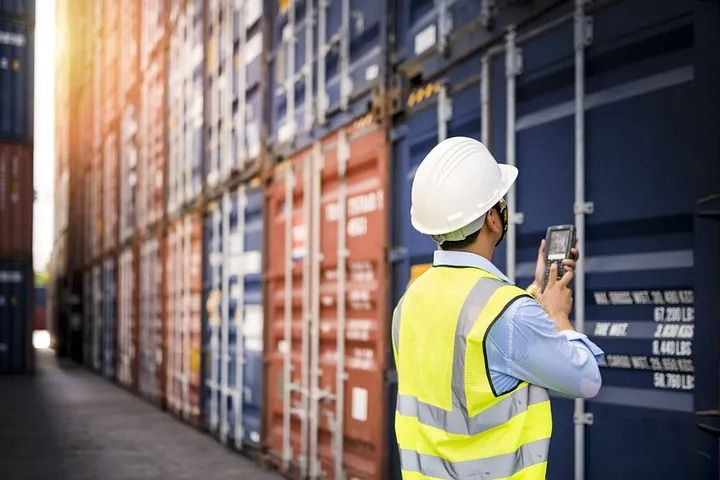
The UAE stands as one of the world’s busiest trade hubs. Thousands of shipments move through Dubai, Abu Dhabi, and other emirates every single day. But getting goods through customs procedures in the UAE can feel complicated for businesses new to the region.
Documents Every Business Needs
Proper paperwork makes customs clearance smooth and quick. Missing documents cause delays that can last days or even weeks. Getting documentation right from the start prevents these problems.
A commercial invoice tops the list of required documents. This invoice shows what the shipment contains, its value, and details about the buyer and seller. The information must be accurate and complete.
The bill of lading or airway bill proves the shipment exists and shows who owns it. This document comes from the shipping company and tracks the goods during transport.
A packing list describes everything in the shipment, box by box. Customs officers use this to verify contents match what the invoice claims. Detailed packing lists speed up inspections.
A certificate of origin shows where products were made. Some countries have special trade agreements with the UAE. Products from these countries might qualify for reduced duty rates.
Common Mistakes That Cause Delays
Wrong product classifications create big problems. The UAE customs system uses HS codes to categorize every type of product. Using incorrect codes leads to wrong duty calculations and processing delays.
Undervaluing goods seems tempting to reduce duty payments. But customs officers catch this quickly. The penalties for false declarations include heavy fines and serious legal trouble.
Incomplete documentation stops shipments cold. Even one missing signature or unclear detail gives customs officers reason to hold cargo. Triple-checking all paperwork before shipping saves major headaches.
Understanding Inspection Processes
Not every shipment gets physically inspected. UAE customs uses risk assessment to decide which shipments need detailed checks. Businesses with good compliance records face fewer inspections.
When inspections happen, they need to be thorough. Officers check that physical goods match documentation exactly. They verify quantities, quality, and proper labeling.
Being present during inspections helps if questions come up. Quick answers prevent small issues from becoming big delays. Having someone available who knows the shipment saves time.
Restricted and Prohibited Items
The UAE maintains strict lists of what cannot be imported. Weapons, drugs, and anything related to gambling top the prohibited list. Alcohol requires special permits and only licensed businesses can import it.
Some items need special approval before import. Medicines, chemicals, and telecommunications equipment all require permits from relevant authorities. Getting these approvals before shipping prevents problems.
Cultural and religious sensitivities affect what can enter the UAE. Materials considered offensive or inappropriate face restrictions. Understanding these cultural rules prevents serious issues.
Tips for Faster Customs Clearance
Accurate declarations speed everything up. Honest, detailed information about shipment contents helps customs officers do their job quickly.
Pre-arrival documentation helps too. Submitting paperwork before goods arrive lets customs review everything in advance. When the shipment lands, clearance happens much faster.
Choosing the right import and export times can make a difference. Customs gets extremely busy during certain periods. Shipping during slower times sometimes results in quicker processing.
Conclusion
UAE customs regulations change occasionally. Staying informed about updates prevents surprises. Following official customs authority announcements keeps businesses current.
Working with experienced logistics services that understand local regulations makes international trade much smoother. Their knowledge of customs procedures in the UAE turns a potentially stressful process into a manageable part of doing business in this dynamic trade hub.



